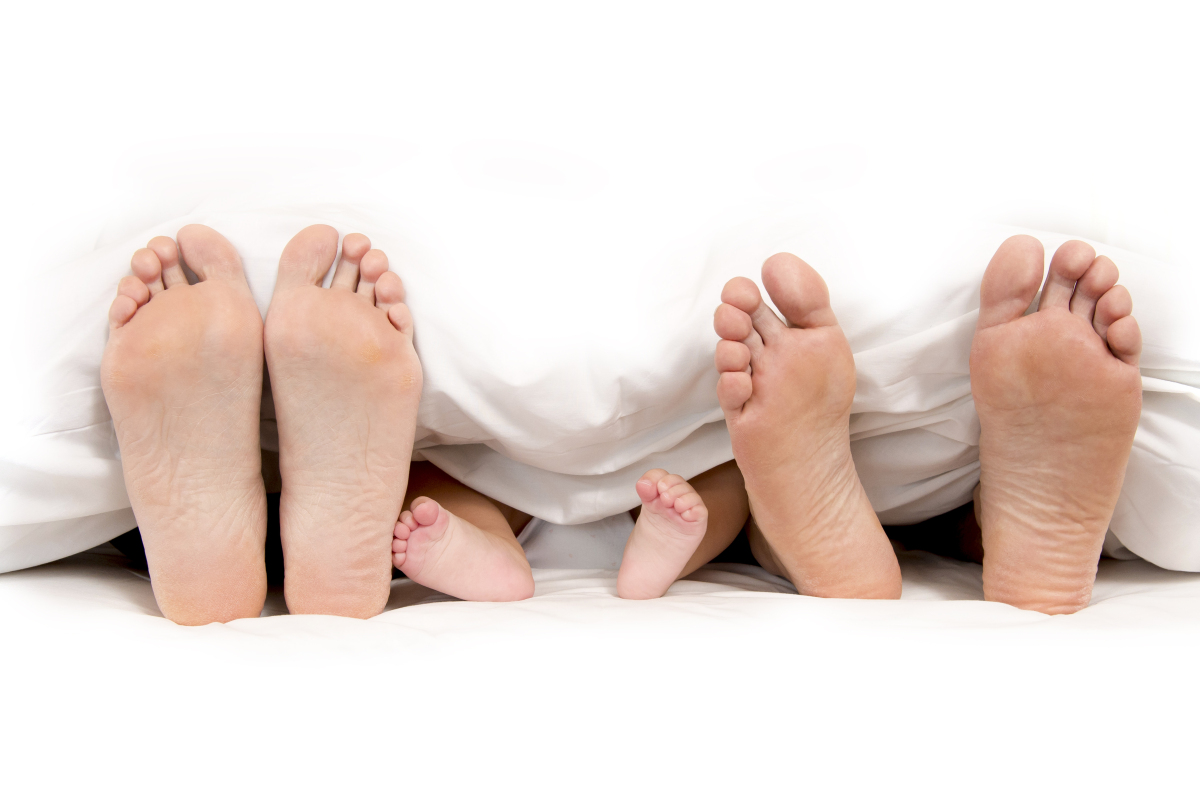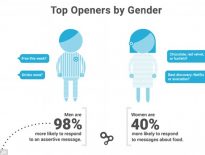Does sexual desire go out the window after baby arrives?
 So having two kids of my own I thought and reading some recent research, such as the work conducted by Kristin Mark it would make a interesting blog. This research has revealed that couples with similar levels of sexual desire have higher levels of sexual and relationship satisfaction. Having low or no sexual desire is a common reason couples go to sex therapy or counseling. This issue is so common that researchers have dedicated articles to providing suggestions for treatment of low sexual desire in a clinical setting. However, less is known about what influences sexual desire and the findings regarding the role of motherhood are mixed.
So having two kids of my own I thought and reading some recent research, such as the work conducted by Kristin Mark it would make a interesting blog. This research has revealed that couples with similar levels of sexual desire have higher levels of sexual and relationship satisfaction. Having low or no sexual desire is a common reason couples go to sex therapy or counseling. This issue is so common that researchers have dedicated articles to providing suggestions for treatment of low sexual desire in a clinical setting. However, less is known about what influences sexual desire and the findings regarding the role of motherhood are mixed.
To shed a little light on this question
In 2008 a study with 2080 women living in Finland between the ages of 33-43 years old, found that contrary to what might be expected, motherhood had a positive association with sexual desire for some women. This impact depended on the number of children a woman had.
For example, mothers of 1-3 children had lower sexual desire than non-mothers, but mothers of 4 or more children had similar levels of sexual desire in comparison to non-mothers. Additionally, the authors found that women with any number of children had fewer problems with orgasm and sexual pain, and higher levels of sexual satisfaction and general sexual functioning than women with no children. Importantly, relationship satisfaction was associated with sexual satisfaction regardless of number of children.
In contrast, a study published this year in the Journal of Sexual Medicine reported that nearly 2 in 3 Australian women who gave birth within the past year experienced lower levels of sexual functioning. Problems with sexual desire was the most common form of dysfunction reported among these new mothers.
Taken together, these two studies offer important information for mothers.
 First, having children might lead to more sexual satisfaction and, for some mothers, even higher sexual desire. Second, being a new mother may put a strain on sexual desire, however that strain is likely to be temporary.
First, having children might lead to more sexual satisfaction and, for some mothers, even higher sexual desire. Second, being a new mother may put a strain on sexual desire, however that strain is likely to be temporary.
The 2008 study included a number of methodologically strong components in their study that are worth noting. The study came from a twin sample and their analyses compared women with children to a group of women without children that matched the first group on multiple characteristics. This methodology increases the confidence that the relationship between motherhood and sexual desire isn’t an artifact of a unique subset of women. Second, a strength of this study was that it included women at varying times after their pregnancies rather than only women in post-partum. So their finding that motherhood was associated with increased sexual function may be indication that declines in function immediately post pregnancy observed in other studies are temporary.
So:
1) Having children does not result in a decline in sexual functioning in the long-term. Mothers remain sexually satisfied in their relationships and having children is related to higher levels of sexual functioning.
2) Having children does appear to impact sexual desire among mothers, and more research is needed to tease out the role of number of children and time after last birth.
3) Number of children was not associated with relationship satisfaction and relationship satisfaction was closely related to sexual satisfaction. So the arrival of baby #1 (or 2 or 3) does not mean that the relationship is doomed, even if there is a decline in desire. What matters more is that couples are happy in their relationship overall and that happiness may lead to them feeling more sexual satisfaction with their partners.
In the sexuality literature, there are mixed findings about the impact of motherhood on women’s sexual desire, but these findings highlight encouraging relationships between being a mother and sexual well-being.







